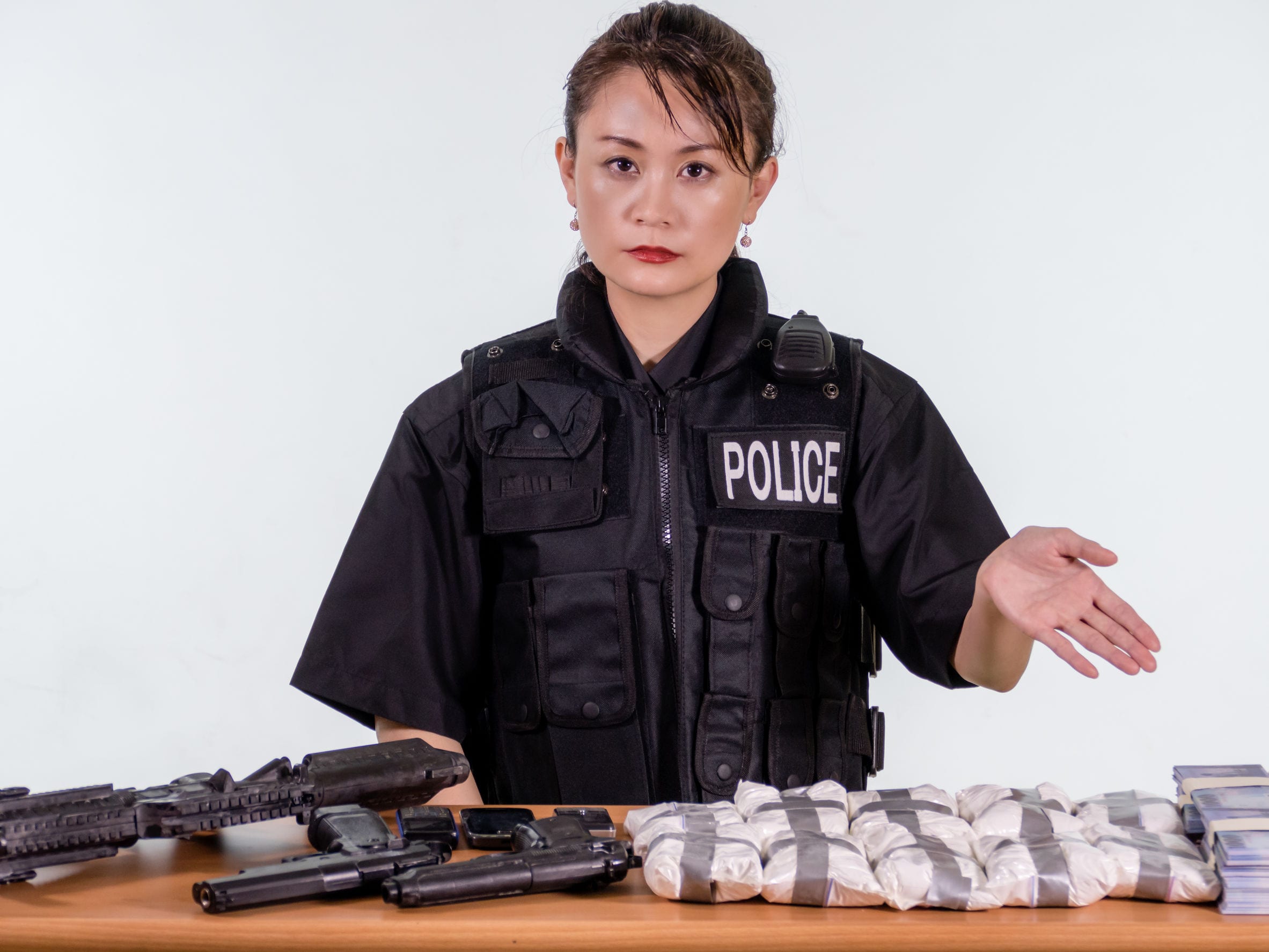- Home
- THE FIRM+
- Criminal Defense+
- CASE RESULTS
- AREAS WE SERVE+
- FAQ’s
- Blog
- Contact
AZHARI LLC BLOG

Posted By: Sami Azhari
Category:
Because of the fact that they tend to cross state lines, many people believe that drug trafficking offenses are always charged as federal crimes. Often, however, this is not the case. Simply put, the federal government only takes on cases where federal law was violated and state law wasn’t – or when they feel the crime should go through the federal system. All other drug trafficking charges are handled at the state level.
State crimes are usually limited in scope as compared to federal crimes. State courts have access to less evidence and fewer law enforcement officer testimonies than federal courts, and since federal authorities have more resources, they are usually able to find more evidence against you. Also, federal courts can hear testimony from FBI and DEA agents, while state courts are not permitted to do so.
Additionally, federal sentencing offers no parole for a drug trafficking conviction. The term must be carried out to a minimum of 85% of the original sentence. Furthermore, if subsequent offenses occur in addition to the first offense, the sentencing is increased to 20 more years in prison.
Does this mean that you don’t need to worry about being charged by the State of Illinois for drug crimes? Quite the opposite. It means you want to know exactly what our state’s drug laws and penalties entail so that you can be prepared and understand how to fight back.
Breaking Down Drug Trafficking Laws in Illinois
The Illinois Controlled Substances Act designates which substances fall under jurisdiction in drug trafficking charges. In general, the controlled substances fall into categories like these:
Opiates and derivatives of opiates
Substances that cause stimulation or depression in the central nervous system
Substances that cause hallucinations
When an individual knowingly causes such substances to come into the state of Illinois with an intent to manufacture or distribute the substance, drug trafficking charges will apply. The essential parts of a conviction are acting with knowledge, bringing the substance into the state (or causing it to be brought into the state), and having an intent to distribute it anywhere else. All three parts must be in place for a conviction to occur.
Here’s the thing, though. That’s what’s needed for a conviction.
However, most people get charged simply for having over a certain amount of a drug or drugs, because the assumption is that large amounts of drugs are intended for sale, not personal use.
The list of charges and penalties depends on the kind of drug and the amount of drug in question. Penalties for drug trafficking are double the minimum for the felony class.
How Illinois Penalizes Drug Trafficking
Here are several examples of penalties as described by the Illinois statutes.
- Possession of between 15 grams and 100 grams of heroin, cocaine or morphine: Class 3 felony, 6-30 years in prison
- Possession of between 100 grams and 400 grams of heroin, cocaine or morphine: Class 2 felony, 9-40 years in prison
- Possession of between 400 grams and 900 grams of heroin, cocaine or morphine: Class 1 felony, 12-50 years in prison
- Possession of 900 grams or more of heroin, cocaine or morphine: Class X felony, 15-60 years in prison
These charges will apply whether the pure drug was found in an individual’s possession, or a derivative or “analog” of the drug is found in the same amounts. Fines of $75,000 to $1,000,000 will be added to these convictions as well.
For knowingly using a cellular radio telecommunication device to further the trafficking of a controlled substance, a Class 2 felony charge applies along with a fine of up to $100,000.
How do you avoid decades in prison for these charges? The prosecutors may ask you to accept a plea bargain before the case goes to trial. In a plea bargain, you agree to plead guilty in exchange for lighter sentencing. An experienced criminal defense attorney will understand the best options available for you. Contact us as soon as possible so we can begin building your defense.
About the Author
Sami Azhari has been working as a lawyer since 2007, after receiving his Juris Doctor from the Michigan State University College of Law. He has handled numerous state and federal cases, and is known throughout the Chicago and Rolling Meadows area for providing his clients with high-quality, skilled representation. He has been recognized by SuperLawyers, the National Trial Lawyers Association, and other notable organizations, and has spoken at a number of legal conferences.


























































